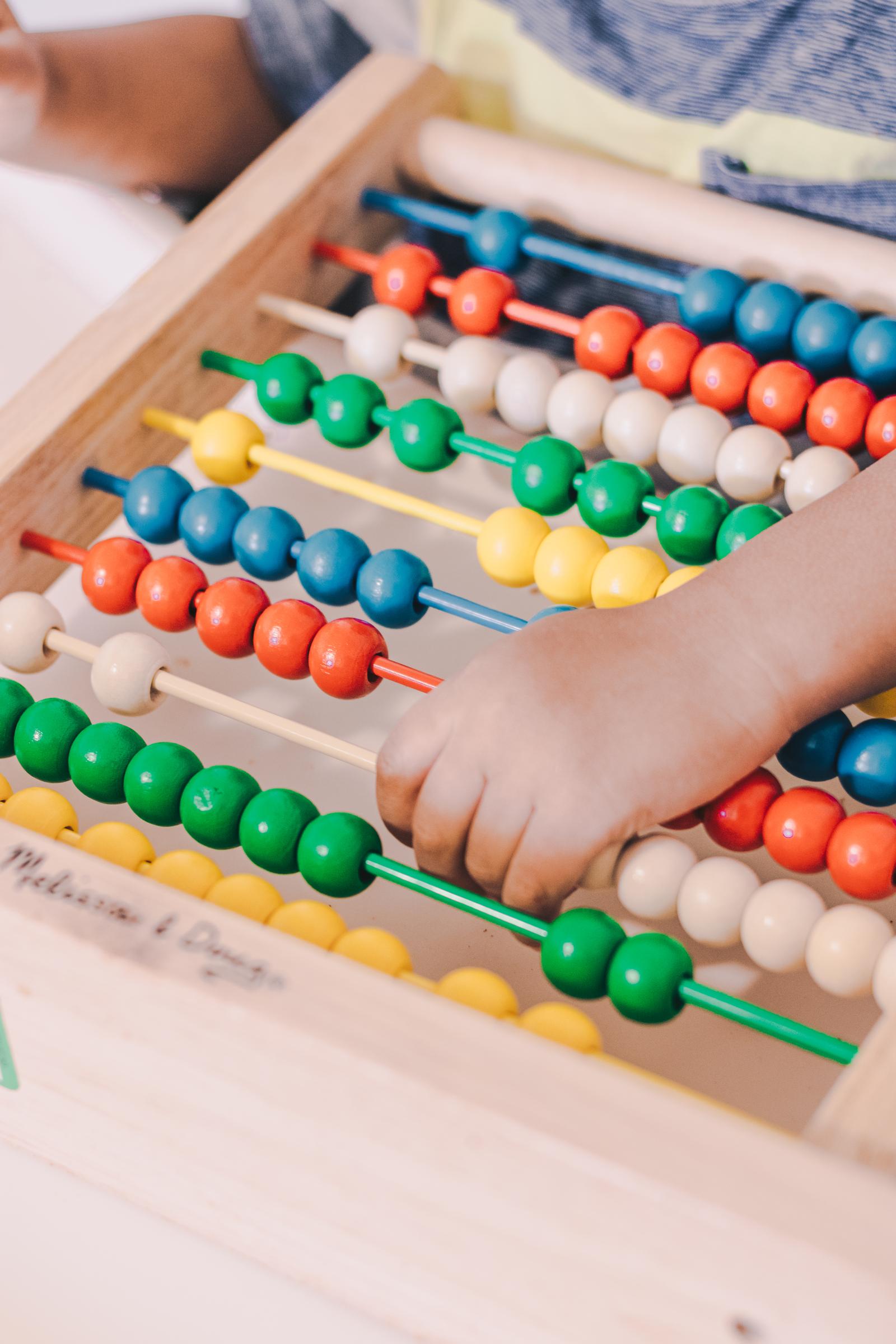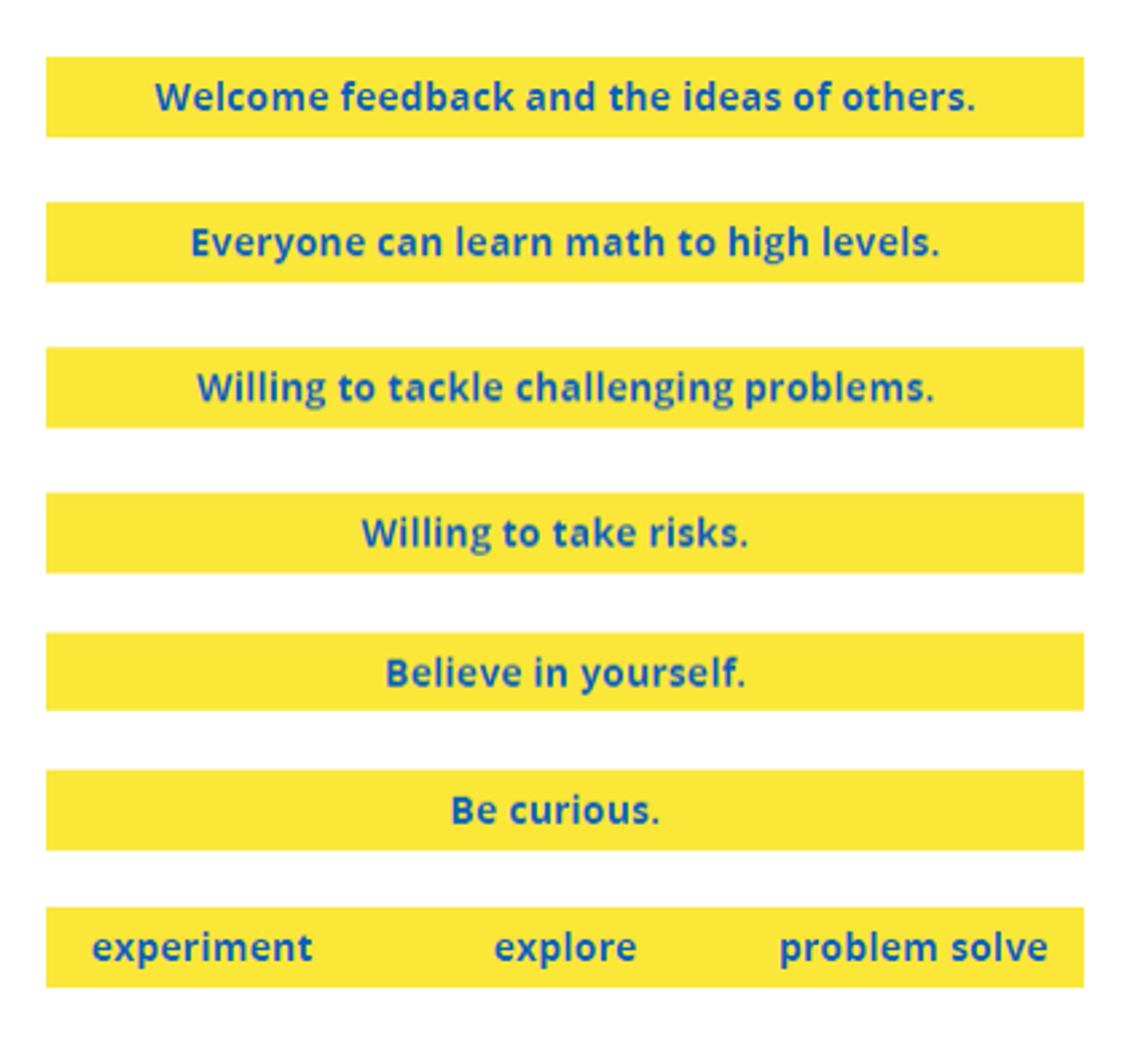Numeracy at home

As your child’s first teacher, you play an important role in helping develop their numeracy skills from an early age. Numeracy skills give children an important start to their learning and development. They also help prepare them for daily life at all ages.
One way you can support your child’s understanding of mathematics and numeracy at home is…
Talk positively about numeracy with your child.
Talk positively about numeracy so your child also values it. If your experiences in numeracy at school were less than ideal, avoid making comments like “I was bad at maths at school”. Comments like these can lower your child’s expectations of themselves. They can also perpetuate myths about people being good or bad at maths. If you did well at numeracy in school, avoid jumping in with answers or solutions. Encourage your child to talk about how they might work out maths problems. This helps boost their confidence and deepens their understanding. Numeracy today is not about learning by repetition. Today, the focus is on recognising that there are many ways to get an answer. Rather, it is important to be able to explain how and why you chose the approach you did.
Problem of the Fortnight
Work together with your family and see if you can find out the answers to the problems below. Hint: There is more than one possible answer!
- Lower Years When Issy was counting out loud from 0 to 100 by a number other than 1, one of the numbers she said was ‘63’. What number might she have been counting by?
- Middle Years I am thinking of a number between 8000 and 9000. Its hundreds digit is 5 and its ones digit is 2. What might the number be?
- Senior Years Find for consecutive odd numbers with a sum between 160 and 200.
How to be a Mathematician
We would love to see how families are engaging in numeracy at home, please feel free to send in any action shots to Felicity.Elliott@education.vic.gov.au

